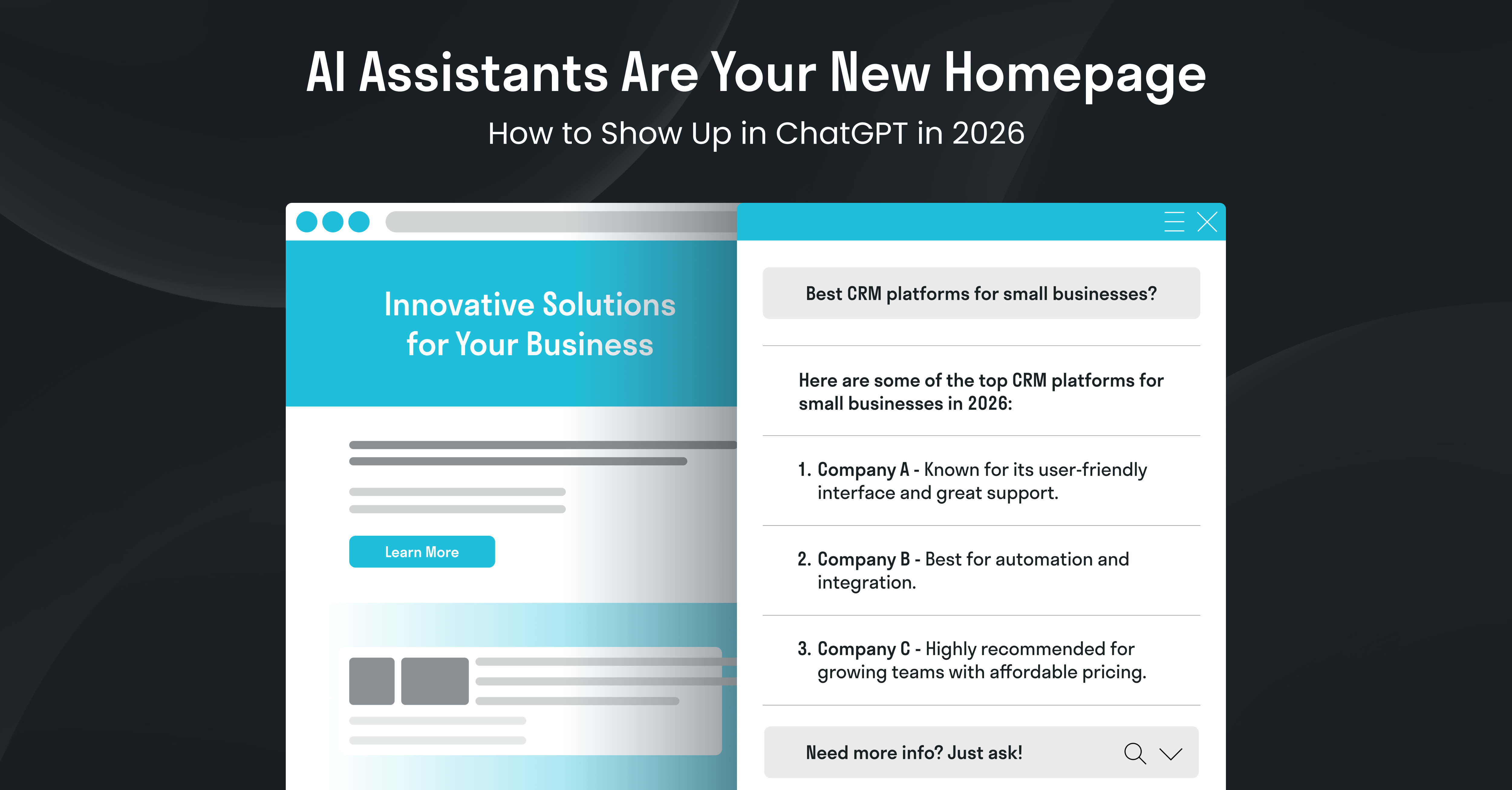Consistent, quality blog content will draw in traffic and improve your independent hotel site’s performance in search rankings. However, simply writing and putting out a high quantity of posts isn’t enough. Just like every aspect of the marketing process, a more thoughtful strategy is needed. These practices will ensure that your blog posts rank highly and draw in the users they are intended to reach.
Utilize keywords
It’s important to gain an understanding of keywords and integrate them into your hotel’s blog posts. Long-tail keywords are more specific phrases, usually three to five words, that a potential guest will search.
There are many ways to find long-tail keywords. Use Google’s search bar to find common searches in your location by typing something in such as “things to do in Chicago” and then looking at the related searches. You can also browse Q&A sites such as Quora to find commonly asked questions about your hotel’s location. From there, find the most used keywords that should be in the subheadings of your blog posts.
It’s most efficient to surround each blog post around one key phrase rather than trying to overload it with different keywords, which can come across as spammy. Finding relevant search queries and making blog posts that address them will boost their performance in Google and be viewed by more potential guests.
Historically optimize posts
Just because you’ve put out a great piece of content, it doesn’t mean your work on it is finished. Making a few key changes to past blog posts can lead to big SEO advantages over your competitors.
This is where historical optimization becomes important. For example, take your “2018 Guide to Chicago’s Restaurants” post that performed well and update the post content and title for 2022. Many of your old posts may have the potential to make the first page of Google, but search engines tend to favor content that is newer, fresh, and up to date. Making these changes can lead to a spike of new activity and traffic to your blog.
If your hotel already has a large archive of content, historical optimization can transform your blog performance. Look through posts that end up on pages two, three, or even four of Google searches. Try to update the content for accuracy and freshen it up, change the title for the current year, and repromote it. With the post's existing authority, it may well end up back on the first page.
Add visual elements to your posts
Photos, graphics, and videos scattered throughout your blog post can improve its rank in search engines. Enticing visuals can keep readers engaged with your posts more than large blocks of texts. If you utilize visuals to keep readers on your posts for longer, search engines will reward it with higher rankings, as it indicates content that’s being engaged with and is worth reading.
Optimize your title
After your post is written, make sure the title is SEO friendly. Consider how you can incorporate popular keywords into the post’s title, just as you did in the subheader while writing it. Google’s Keyword Planner is a tool that can be used to evaluate the popularity of various keywords and help you narrow down exactly what to title your post.
Beyond SEO technicality, your title should be attention grabbing. Posts that people actually want to click on will always perform better. This doesn’t mean making it to salesly or spammy, but consider making a promise to your reader of what value the post has to offer.
Don’t be afraid to brainstorm. Write down 5-10 titles and narrow down to choose the best one from there after feedback from others and doing proper keyword research. Lastly, change the permalink once your blog post is up. Make sure it’s short and contains the main keyword that’s featured in your post.
Link internally and externally
Linking to other blog posts and pages on your site internally will guide readers along and give them access to more of your content they wouldn’t have otherwise seen. This includes a call to action at the end of your post, where there should be a link to book a room or make another choice that moves them along the buyer’s journey.
External links should also be utilized. Citing data through an external source will make readers trust you more and, over time, a number of external links to popular sites will build your search engine authority.
Be careful with your use of links. Adding too many into a blog post will be off-putting to readers. Aim for three to five links for a standard length blog post.
Interested in learning about more ways to boost your hotel's marketing campaigns? Read more at the 97 Switch Guide to Hotel Marketing.






